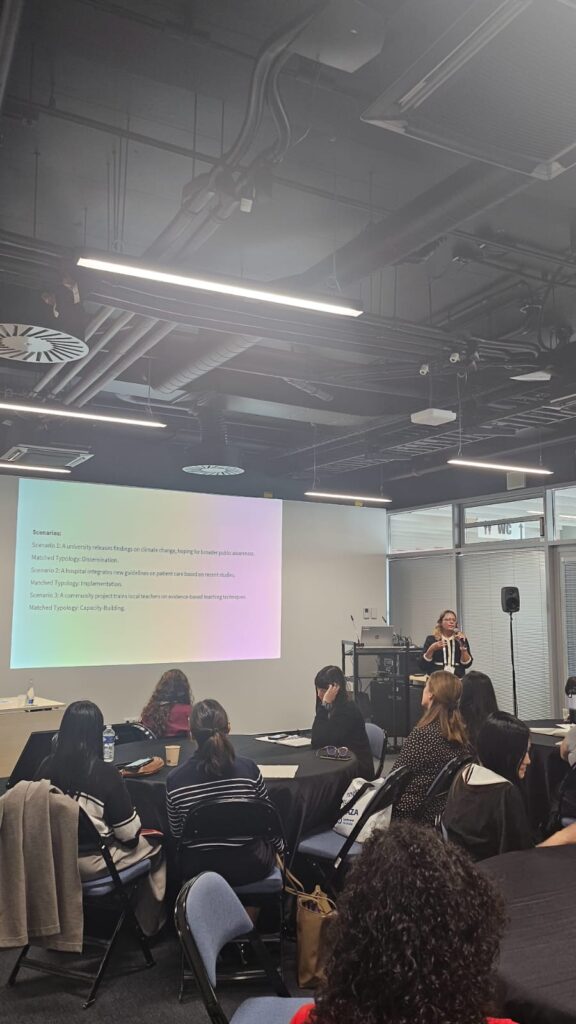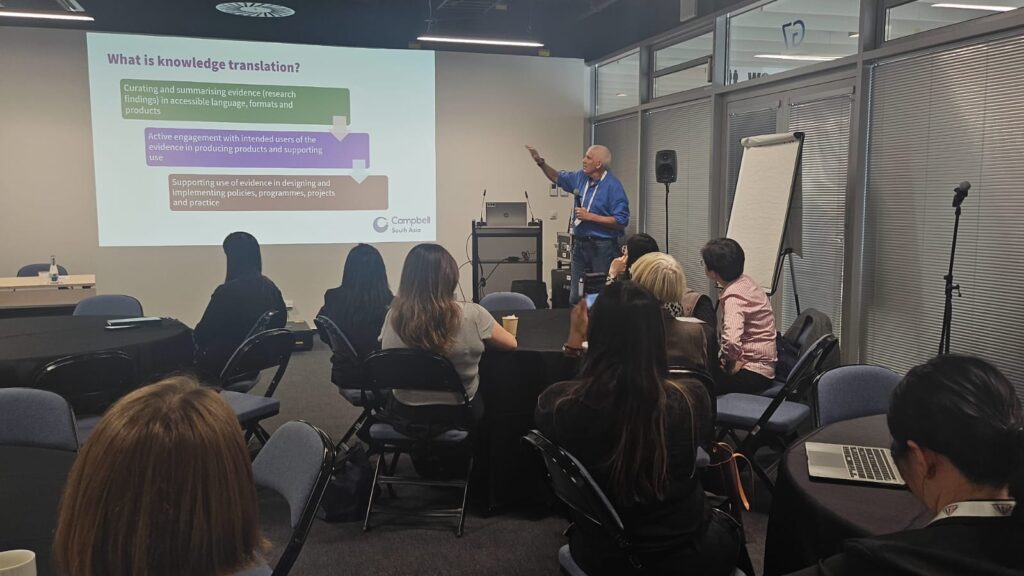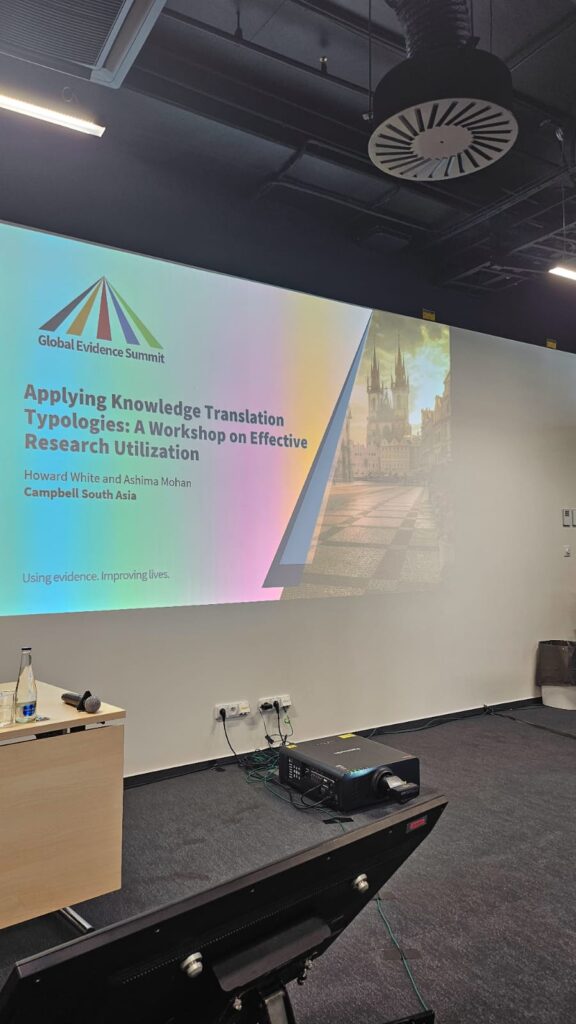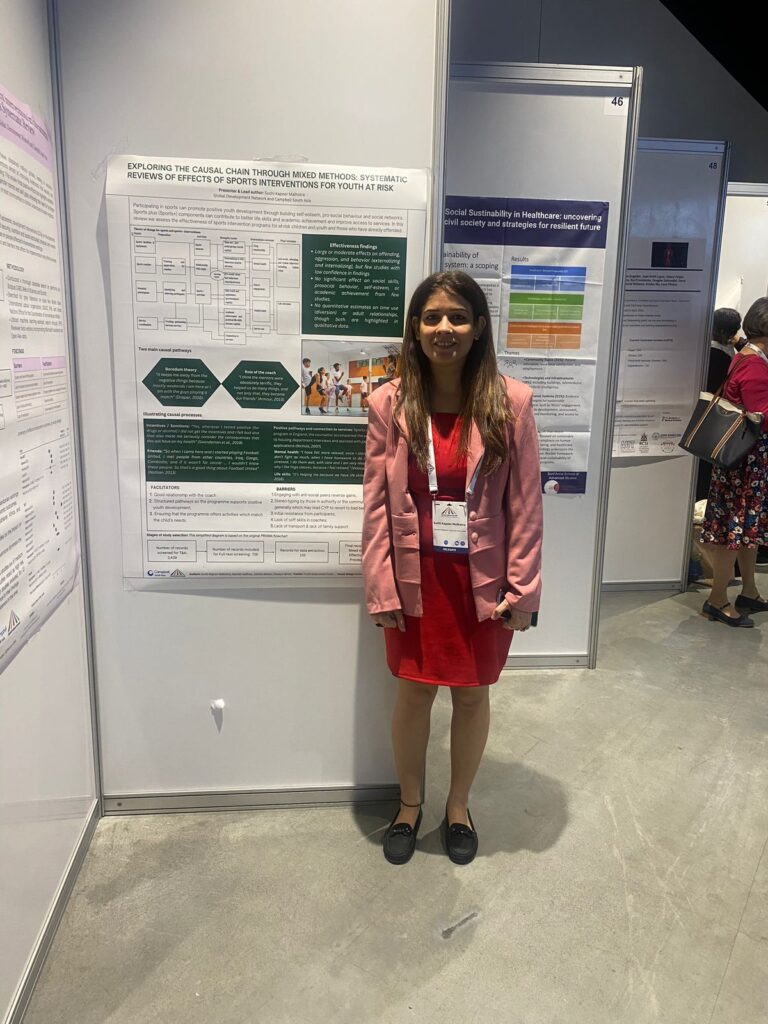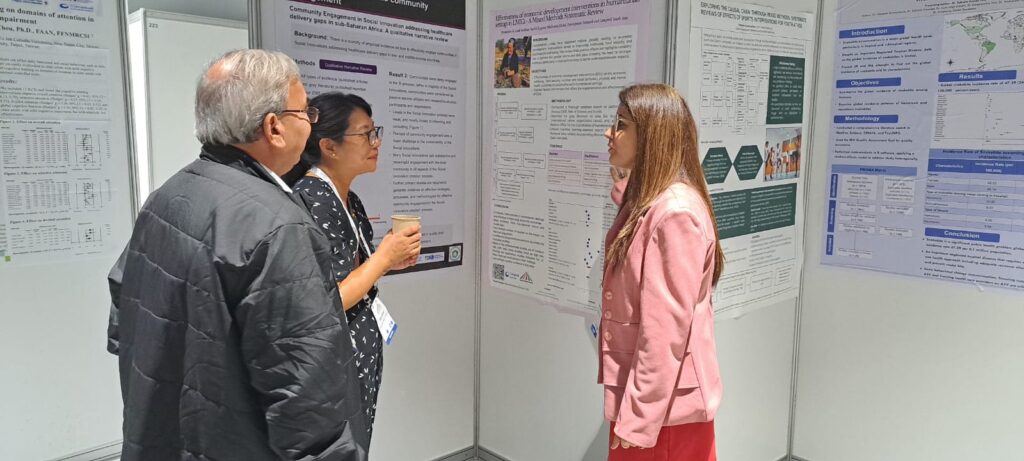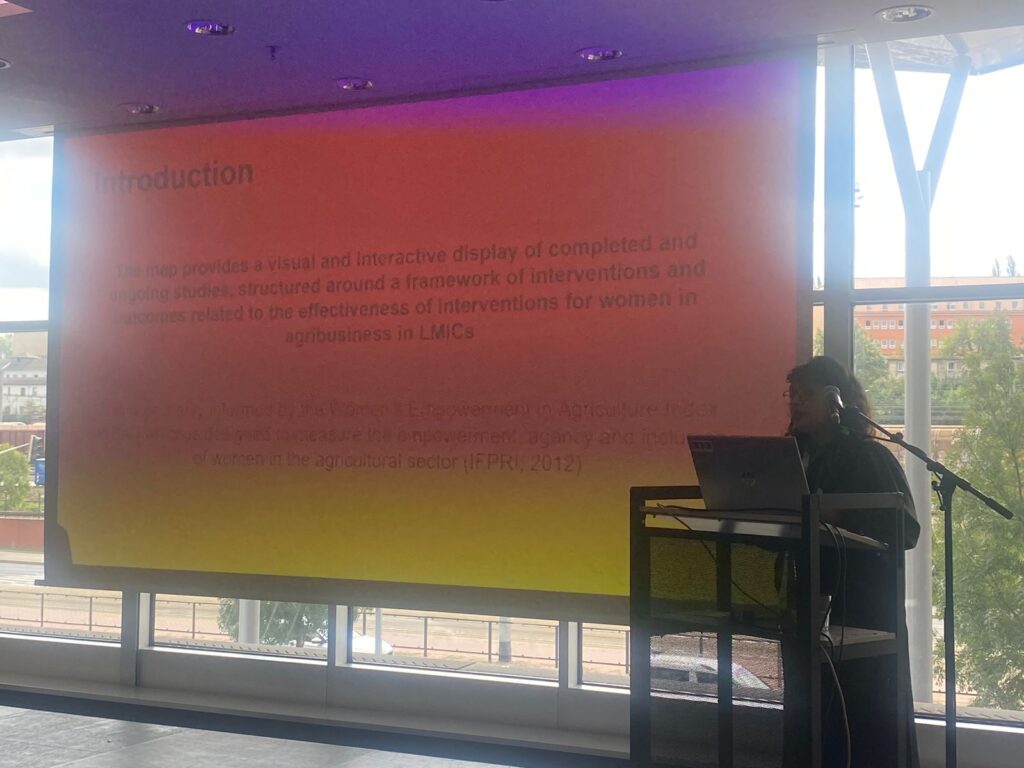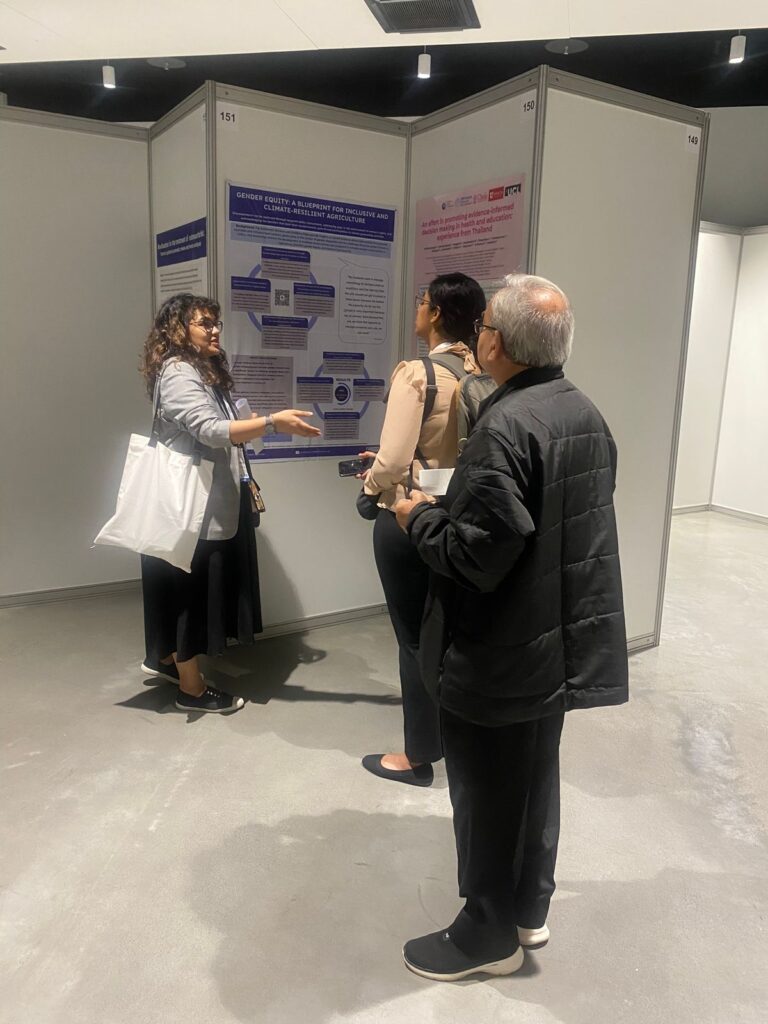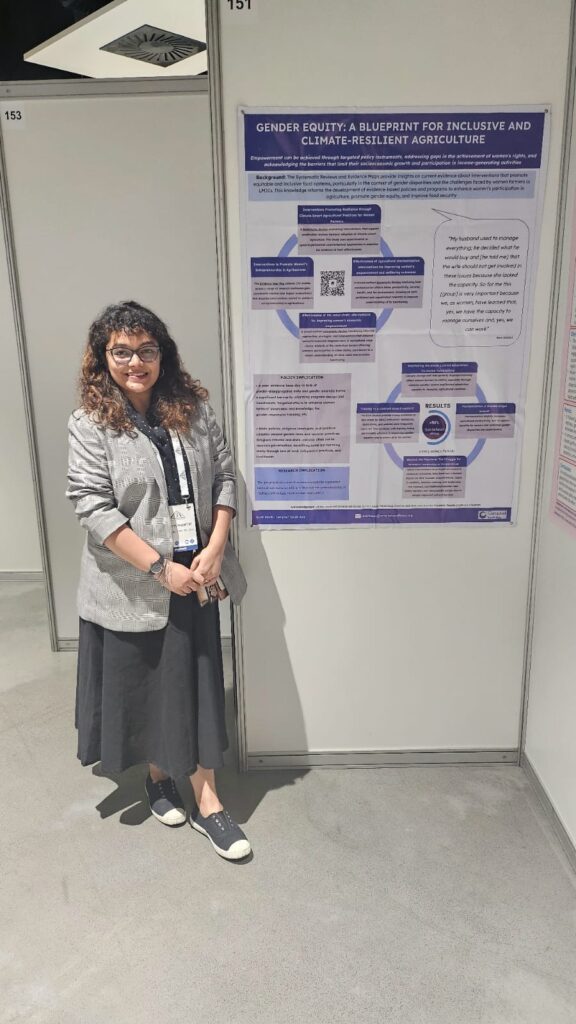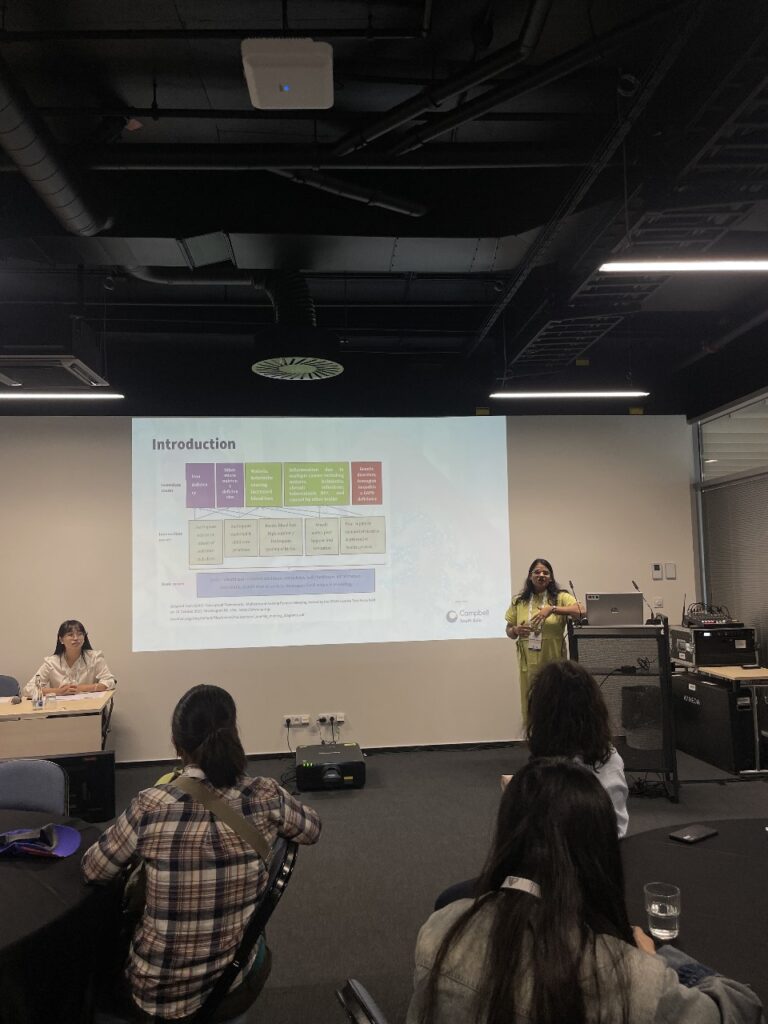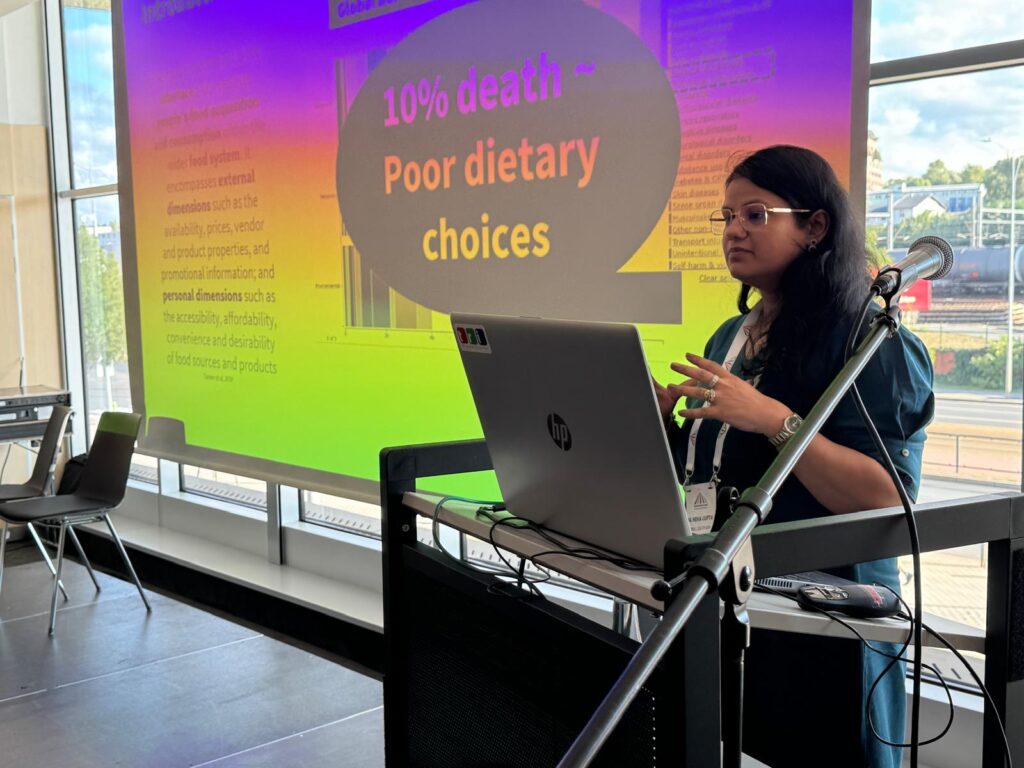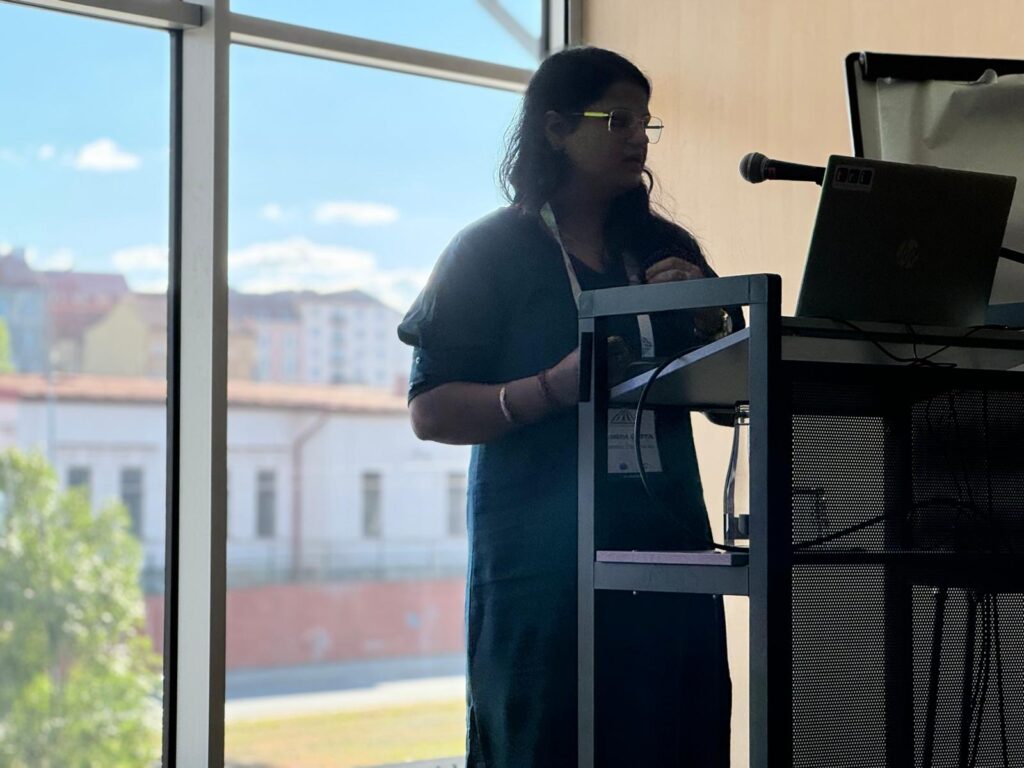CSA at the Global Evidence Summit 2024

Welcome to our events page, where you can find information about our upcoming events and explore the exciting experiences we’ve offered in the past. Our events are designed to engage and inspire, bringing together like-minded individuals to learn, connect, and grow. From workshops and seminars to conferences and social events, there’s always something happening here that’s worth your attention.
Take a look at our past events to get a sense of the breadth of topics we’ve covered. We’ve hosted some incredible speakers and thought leaders, covering topics ranging from mental health and nutrition to clinical research and public health. Our attendees have left inspired and with new insights, and we can’t wait to bring you more transformative experiences in the future.
Be sure to check back often, as we update this page regularly with information about our events. Whether you’re a researcher, health professional, or simply interested in the field, we’ve got something for you.

- This event has passed.
CSA at the Global Evidence Summit 2024
September 11, 2024 @ 8:00 am – September 13, 2024 @ 5:00 pm
In September 2024, Campbell South Asia had the incredible opportunity to participate in the Global Evidence Summit 2024 (GES), a one-of-a-kind platform bringing together all those involved in evidence-based practice from across the globe. Hosted in the city of Prague, four of the giants in evidence-based policy and practice – Cochrane, JBI, GIN and the Campbell Collaboration – joined hands to organise an exhilarating 3-day event on the theme “Using evidence. Improving lives”.
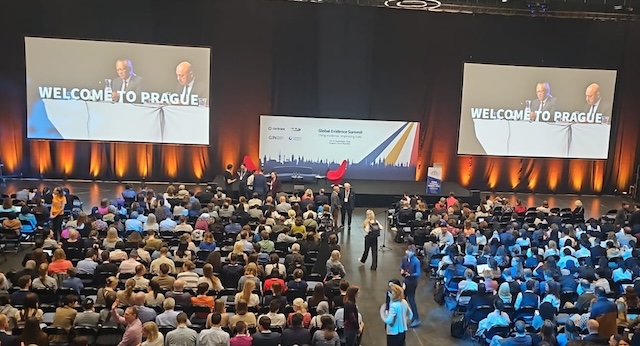
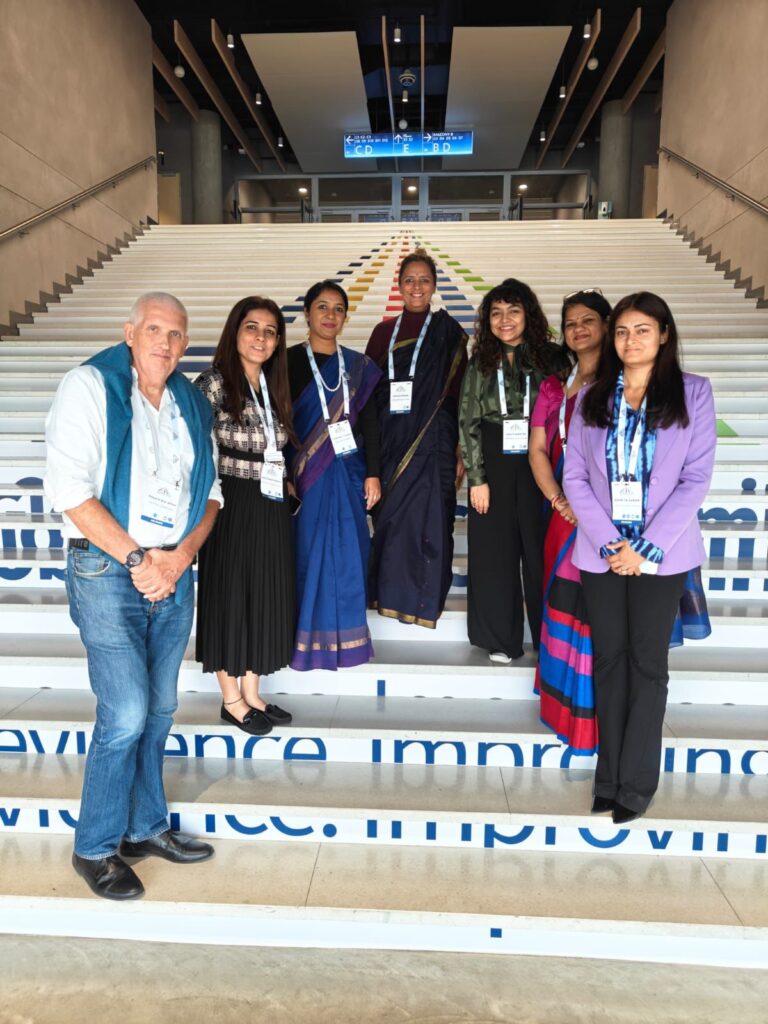
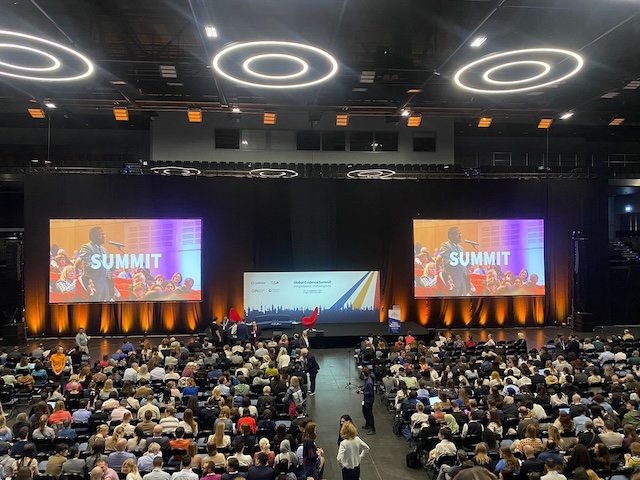
CSA’s Participation: Plenaries, Presentations, Workshops and Evidence Challenges
Our team consisting of Bhumika T.V., Ashrita Saran, Ashima Mohan, Suchi Kapoor, Swati Mantri, and Neha Gupta had the privilege to actively engage in various plenaries, panels, and workshops, discussing key issues in health, education, social justice, and more. One of the highlights of GES was the evidence challenge sessions that delved into some of the contemporary pressing issues faced by the larger evidence community. Bhumika T.V. was part of one such exciting dialogue session titled, “Evidence community perspectives on priority challenges and opportunities for addressing Sustainable Development Goals: an intersectoral open dialogue with current and future leaders”. She also presented findings from the Evidence Resources on the Preparedness of Pandemic Response map at the flash presentation session.
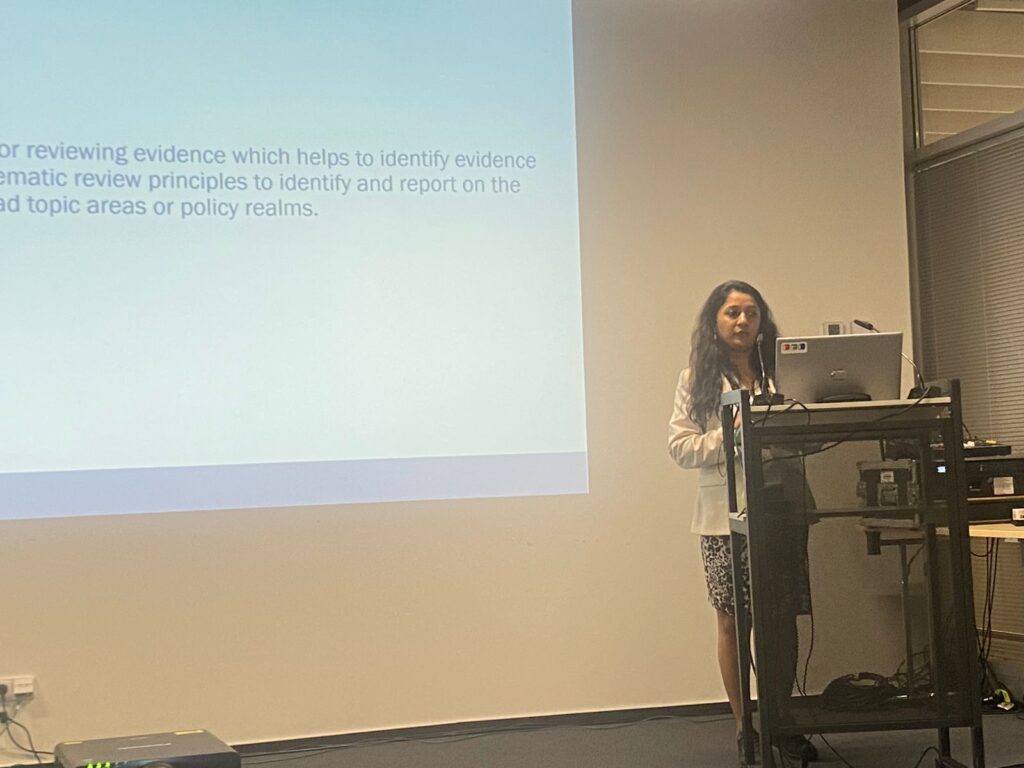
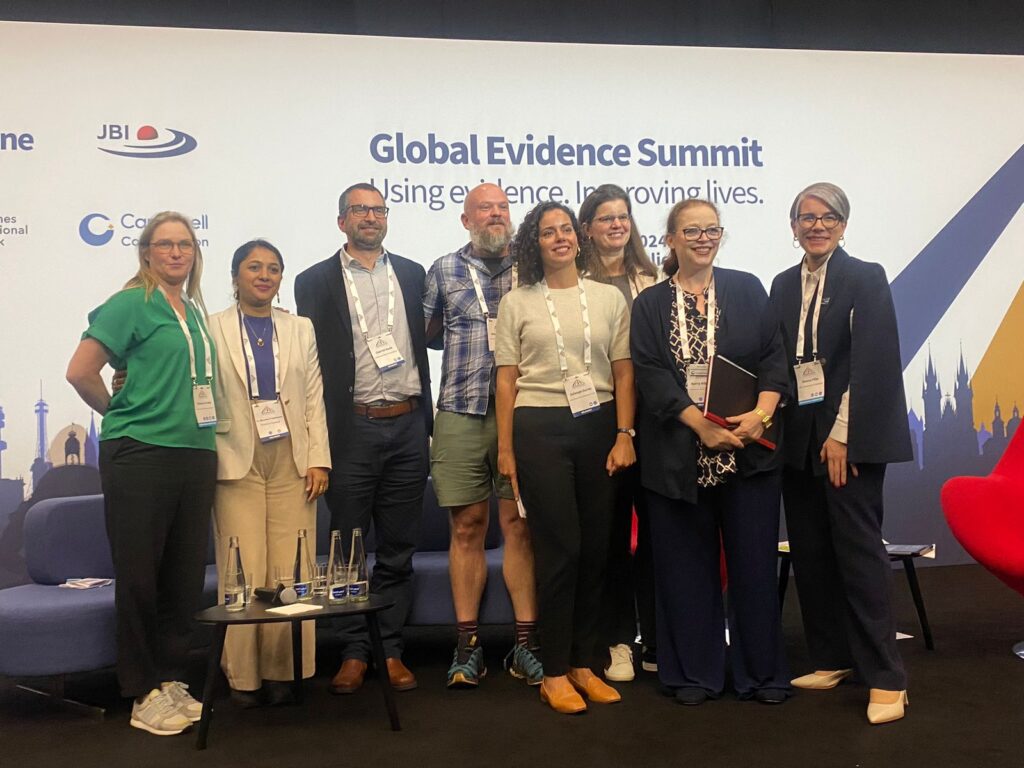
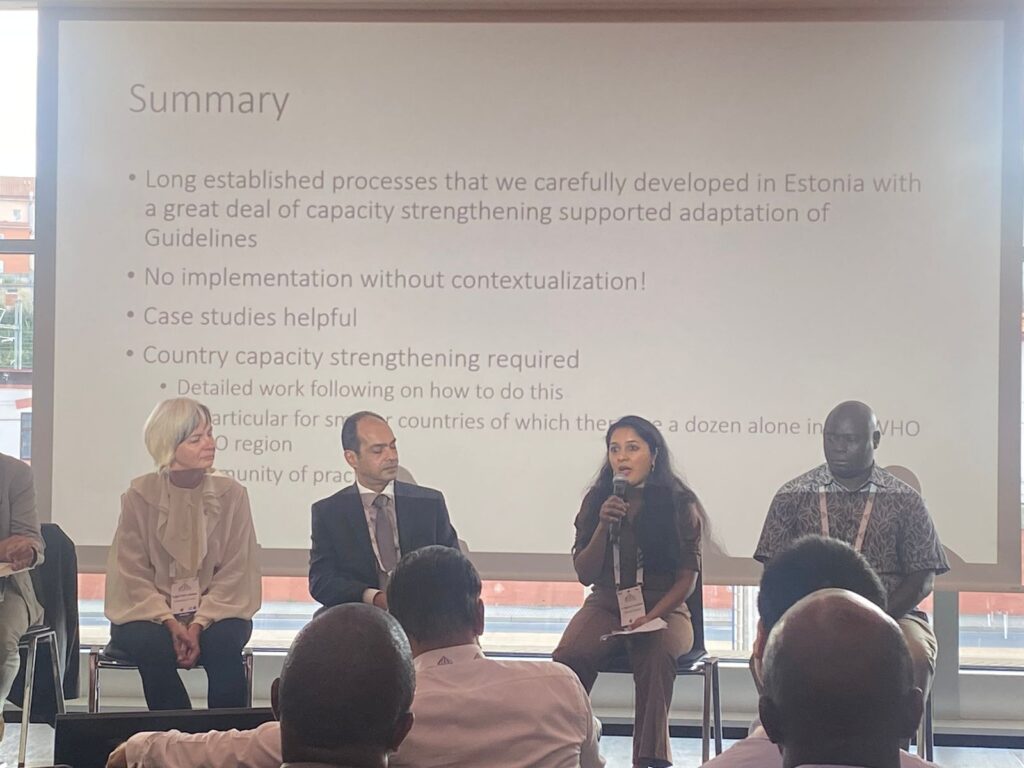
The plenary session on “Research Integrity: Making Evidence Accessible,” co-chaired by Terri Pigott and Ashrita Saran, explored key themes essential for ensuring the reliability and ethical use of research in public health and guideline development. Saran was also a speaker at two sessions: ‘Recommendations for the responsible use of artificial intelligence (AI) in evidence synthesis’ and ‘What Works Climate? Systematic learning on climate solutions for improved IPCC assessments and evidence-based policy’. She presented the findings of a scoping review focused on economic evaluations related to women’s, children’s, and adolescent’s health at the session on ‘Enhancing evidence generation and synthesis in the context of Sustainable Development Goals 3’ and presented on key findings of two reviews registered with the Campbell Disability Coordinating Group.
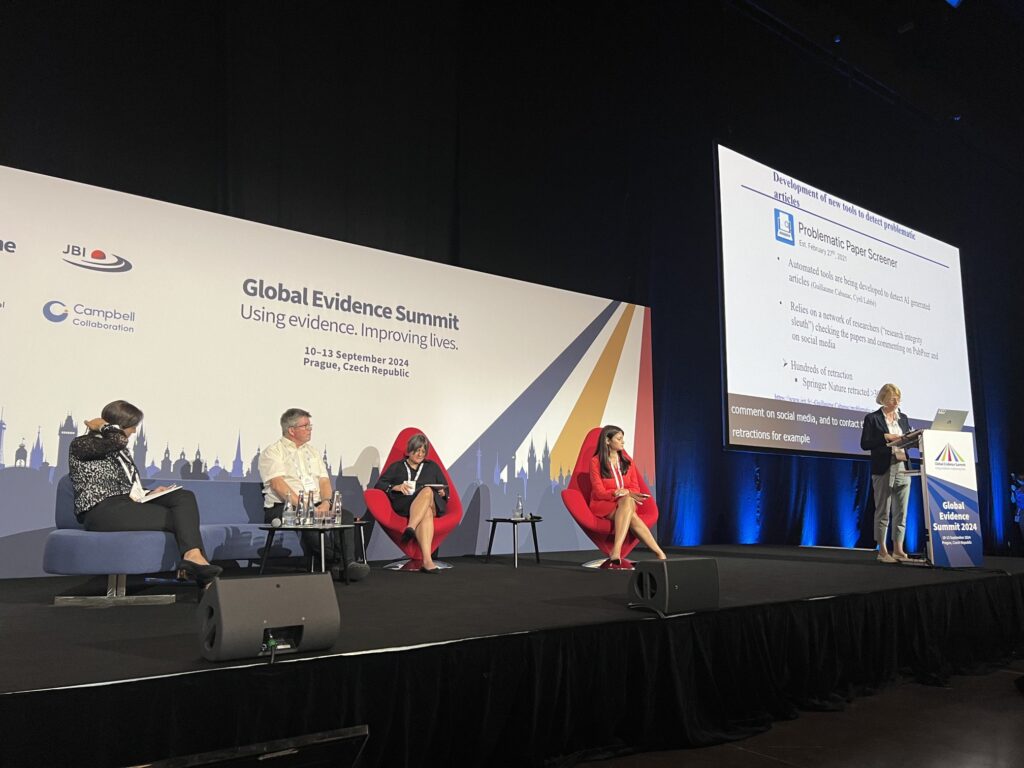
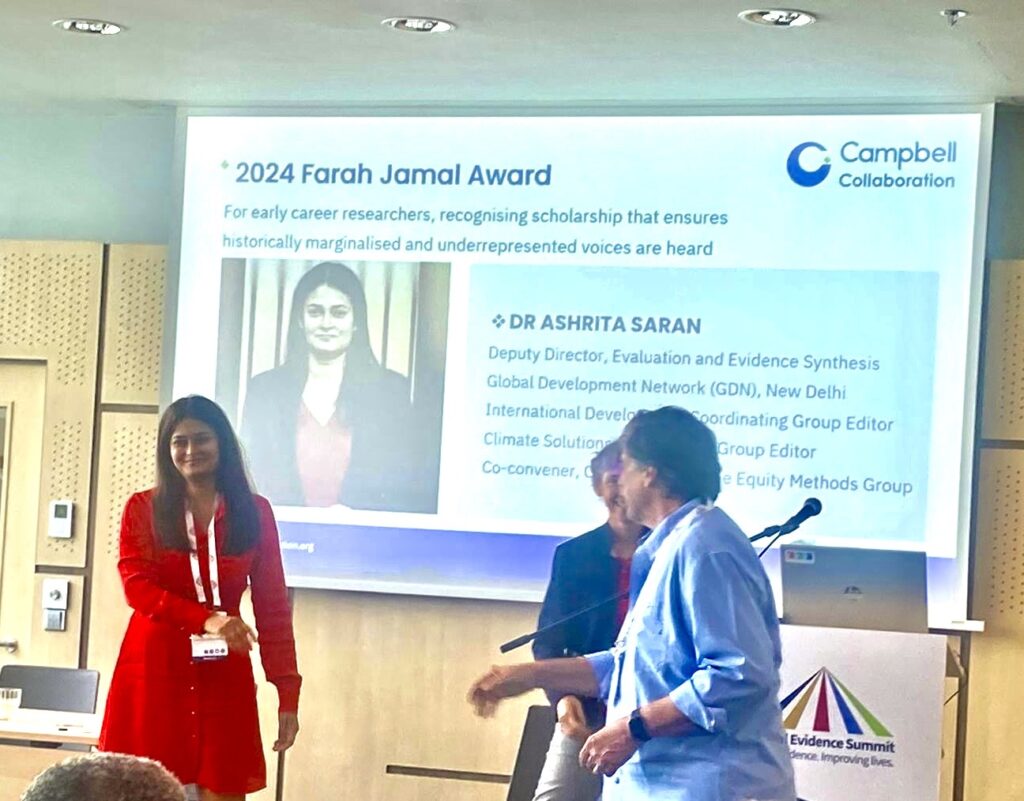
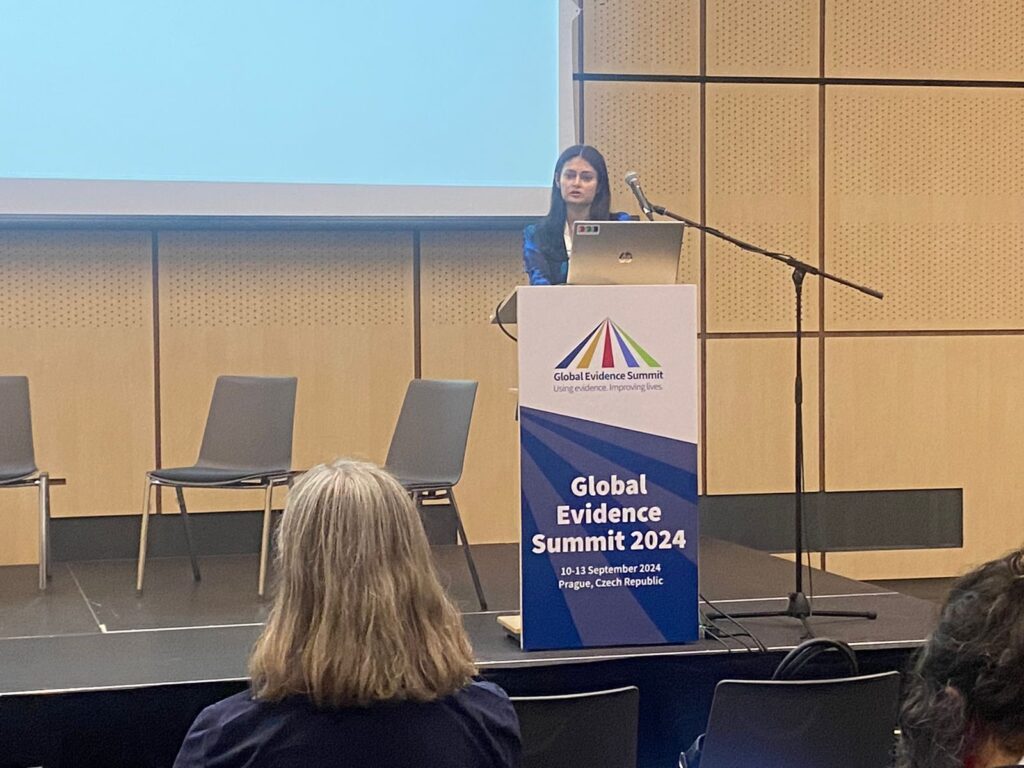
CSA also had an excellent opportunity to conduct a Knowledge Translation (KT) workshop led by Ashima Mohan and Howard White. With an increasing emphasis on evidence-based practice, understanding and implementing a variety of KT strategies is crucial for maximizing research impact. This workshop delved into KT practices such as end-of-grant KT, integrated KT, and knowledge mobilization, equipping participants with strategies for effective KT planning and implementation.
Suchi Kapoor showcased two posters: one on the effectiveness of economic development interventions in humanitarian settings, and the second on the impact of sports interventions on reducing antisocial behavior. Both posters demonstrated how mixed-method and qualitative evidence synthesis deepens our understanding of causal pathways and the specific mechanisms behind what works and why. Kapoor also had oral presentations summarizing the findings from a rapid systematic review on the effectiveness and cost-effectiveness of eco-based disaster risk reduction in LMICs and an evidence and gap-map on conflict and atrocity prevention. She conducted a workshop on the theoretical framework for systematic reviews, introducing participants to Theory of Change (TOC) and guiding them step-by-step through its development.
Swati Mantri presented the evidence gap-map findings on intervention effectiveness for women entrepreneurs in agribusiness in LMICs. Mantri’s poster on ‘Gender Equity: A Blueprint for Inclusive and Climate-Resilient Agriculture’ communicated important insights on current evidence on interventions that promote equitable and inclusive food systems, with an emphasis on gender in LMICs.
Neha Gupta’s oral presentations discussed the findings from a review on the impact of water, sanitation, and hygiene interventions on anemia reduction in LMICs as well as the work on food environment framework developed for LMICs based on socio ecological theory and access theory. She also presented a poster on the impact of behavior change communication and social marketing strategies on improving the adherence to micronutrient supplements.
GES was truly an inspiring platform for the evidence community to connect, collaborate, learn and, grow. It gave us a chance to link with global experts and exchange ideas on advancing evidence-based practices. We truly valued this platform for collaboration and knowledge sharing. We look forward to the next such global summit!

